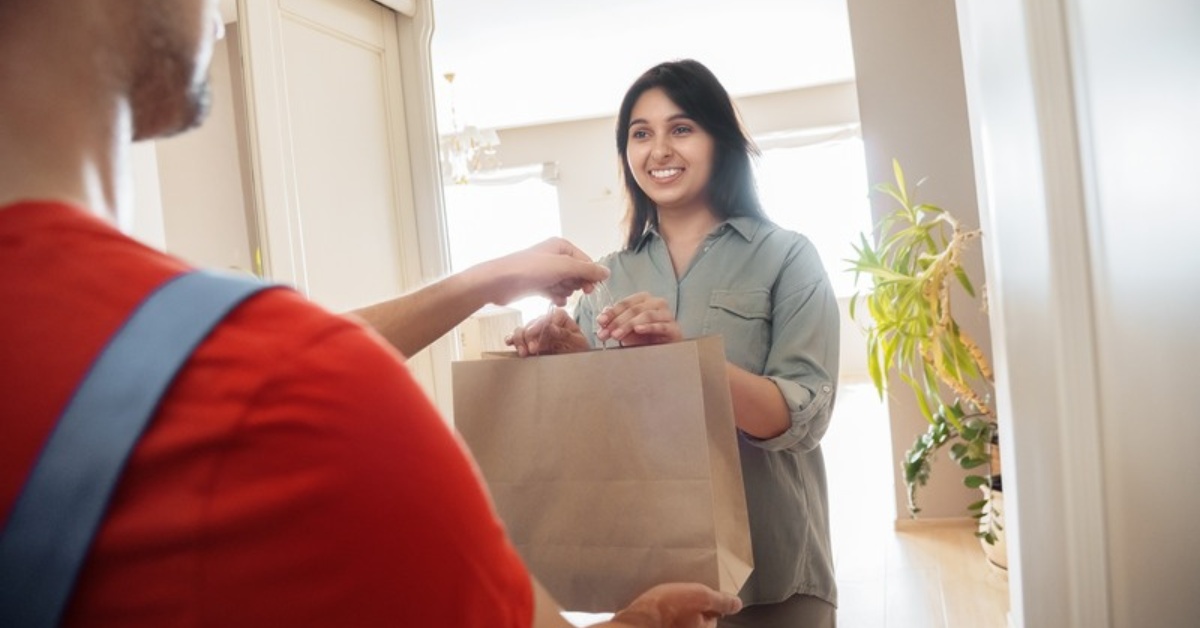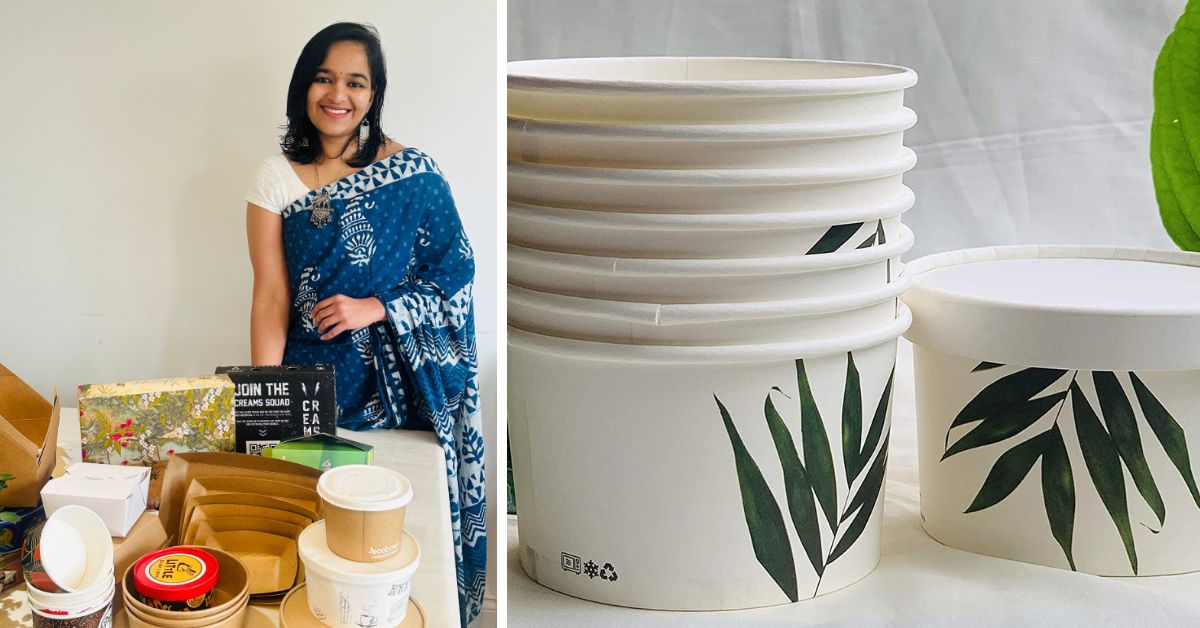This Simple Food Delivery Choice Is Cutting Plastic Waste Across 400 Cities
You’ve had a long day, your fridge is empty, and you finally give in — ordering your favourite dal makhani and butter naan, or maybe a spicy biryani with raita on the side. The food arrives, piping hot, and tastes just as comforting as you’d hoped.
But once the meal is over, what’s left behind is not so comforting — a pile of plastic containers, wrappers, and disposable cutlery. Most of it ends up in your dustbin. And from there, into landfills, where it might sit for hundreds of years.
If this sounds familiar, you’re not alone. For many of us, food delivery is part of our lifestyle. But so is the silent waste it generates.
What Zomato is doing — and why it matters
That very problem is what Zomato set out to address with its Plastic-Free Future Programme — a quiet but powerful shift in the way food is packaged and delivered across India.
Through this initiative, Zomato is helping over 200 restaurant brands in over 400 cities transition to eco-friendly, plastic-free packaging. On the app, these restaurants are marked with a little ‘ℹ️’ icon — a small but meaningful nudge that tells you, this meal didn’t cost the earth.
To drive this change even deeper, Zomato launched ‘Packathon 2025’, a collaboration with Startup India. The idea? Bring together restaurant owners, packaging innovators, and sustainability startups to co-create viable, plastic-free packaging solutions that actually work for Indian food — be it greasy gravies, hot parathas, or crunchy snacks.
And it’s not just a one-off event. Zomato is actively guiding restaurant partners to source better packaging, and encouraging customers — like you and me — to make conscious choices.
What you can do
You don’t have to give up your favourite delivery meal to be eco-conscious. Sometimes, it’s the smallest habits that make the biggest impact:
1. Look for the plastic-free icon
Next time you’re scrolling through Zomato, pause for a second. Check if the restaurant has a plastic-free badge. A simple choice on your part can support dozens of back-end decisions — from sourcing to disposal.
2. Say no to cutlery
If you’re eating at home, opt out of the disposable spoons and forks. You likely don’t need them, and it helps reduce single-use plastic waste significantly over time.
 Zomato is helping restaurants switch to plastic-free packaging. Just look for the ‘ℹ️’ icon on the app to find them.
Zomato is helping restaurants switch to plastic-free packaging. Just look for the ‘ℹ️’ icon on the app to find them.
3. Reuse what you receive
Some containers can be safely reused at home — for storing dry snacks, leftovers, or even bits and bobs in your drawers. Repurpose before you recycle.
4. Encourage your favourite restaurants
Drop a message or leave a review asking for plastic-free packaging. Restaurants do listen, especially when enough of us speak up.
The innovators leading the change
Behind the scenes, several startups across India are reimagining what sustainable food packaging can look like — not in theory, but in our day-to-day lives.
1. Aecoz (Bengaluru)
Founded by Saurabh Bothra, Aecoz turns crop waste into sturdy, biodegradable containers. These are microwave-safe, leak-proof, and break down naturally in a few weeks. Instead of letting crop stubble go up in smoke, Aecoz gives it new life — one food box at a time.
Read the full story.
 Aecoz makes compostable, leak-proof food containers from crop waste — built to suit Indian meals.
Aecoz makes compostable, leak-proof food containers from crop waste — built to suit Indian meals.
2. PepCom India (Kolkata)
Started by Arghya and Devdeep, this company creates wax-free, plastic-free paper containers that can hold both dry snacks and greasy food. Their mission? Replace millions of single-use plastic containers with affordable, scalable paper-based ones.
Read the full story.
3. NIT Rourkela’s Biodegradable Films
What if jackfruit, jamun, or litchi seeds could become food packaging? That’s exactly what researchers at NIT Rourkela, led by Dr Preetam Sarkar, are doing — creating edible, compostable films from fruit seeds that extend shelf life and reduce waste.
Read the full story.
The bigger picture
We often think that big change needs big effort. But in reality, it starts with moments — the ones where you choose a biryani packed in eco-friendly material, or where you quietly skip the plastic fork.
The food delivery system is evolving. And every click, every choice we make, helps shape what the future looks like — not just for us, but for our children, our streets, and our landfills.
If you’ve ever felt guilty looking at that pile of plastic after a meal, here’s the good news: you now have better options. And it’s never too late to start choosing them.
Edited by Khushi Arora
News